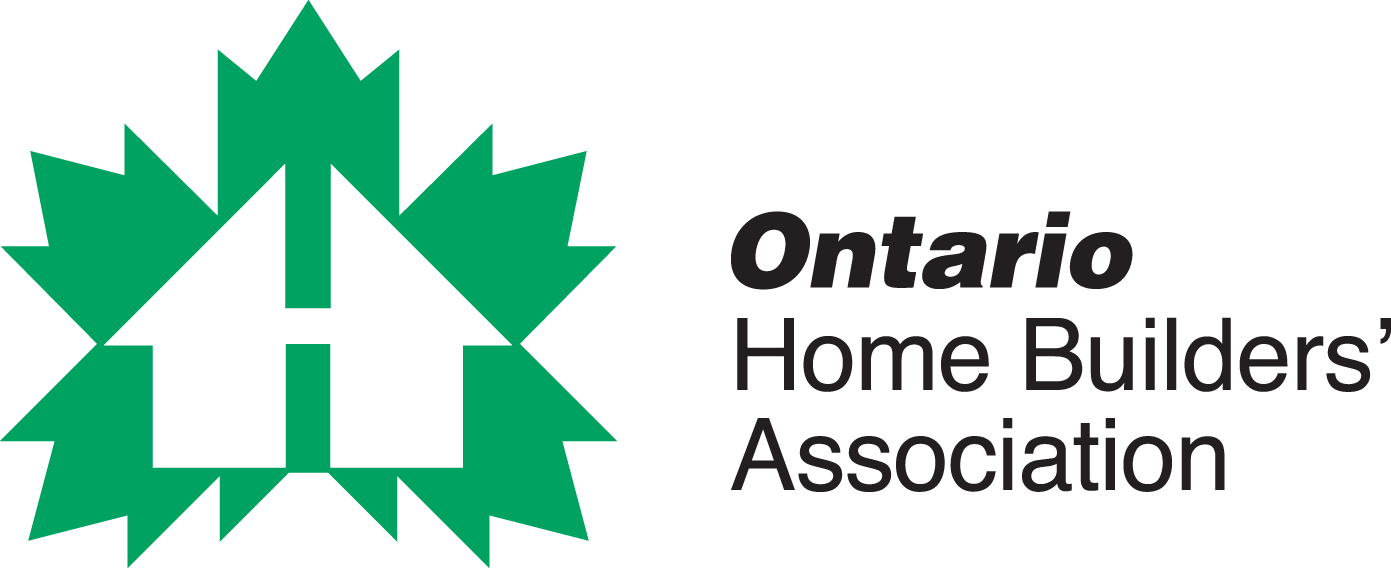By Marc Huminilowycz
When contemplating a home renovation, whether it is an updated kitchen or a complete gutting of a home’s interior, many Ontario consumers may not even consider green upgrades in their plans. EnerQuality, which has been designing and delivering green building programs to the residential construction industry since 1998, would like to change that.
In response to requests from RenoMark renovators and local home builder associations seeking reputable education for greening their renovation projects, EnerQuality has launched a program designed to train renovators to help their clients make smart choices, while distinguishing their companies in the renovator marketplace.
The Green Renovator Project—a partnership between EnerQuality, the Ontario Power Authority, Reliance Home Comfort, Enbridge, Owens Corning, George Brown College, CMHC, BILD and OHBA—is offering training for renovators to help them incorporate best practices in energy efficiency and green building into their projects. EnerQuality is the creator and lead organization for this project, spearheading the development of the curriculum and program.
“Like most building initiatives, the Green Renovator Project is industry-driven and miles ahead of consumer demand,” says EnerQuality president Corey McBurney. “For years we’ve been helping the new home building industry build better. This is our first foray into the renovation market. As with all of our programs, the Green Renovator Project was created first and foremost with the interest of participants in mind.”
The program offers many benefits to both renovators and consumers. Besides the obvious advantage of reducing environmental impact, the greening of renovation projects will help to create healthier, more comfortable living spaces with improved air quality and protection from mould, chemicals and pollutants. But it’s also a savvy move from an economic standpoint, since these improvements can help lower operating costs and increase the value of renovated homes.
McBurney emphasizes that the program does not necessarily target eco-conscious consumers looking for a complete energy retrofit of their home. “Our focus is more on the general renovation marketplace—people who want to enhance their lives by upgrading their kitchen, but may consider better-building and greener approaches while they’re at it,” he says. “We want to influence renovators and give them the tools they need to recommend energy efficiency and green building practices in all of their projects, large or small.”
The first phase of the Green Renovator Project began in 2011 with the development of a Level 1 curriculum for renovators. A steering committee comprised of leading renovators and industry partners was established to oversee the project, making sure that it worked for renovators who needed practical, credible knowledge that they could apply immediately to their projects. Workshop facilitators were selected and trained. Training materials were developed, and the program delivered a series of five workshops, accrediting successful participants as “Certified Green Renovators.”
With the successful development and pilot training program under its belt, EnerQuality conducted in-depth research to characterize Ontario’s renovator market and develop a go-to-market strategy to define training products and engage the industry. Consequently, the Green Renovator Project training is now available to renovators. A list of interested participants is being compiled, and classroom workshops are being arranged across the province.
Training consists of five three-hour, hands-on workshops, including in-class discussions, exercises and a test at the end of each module. The curriculum emphasizes “the house as a system,” meaning that the house is a complex, interconnected structure rather than a series of rooms or components. Instructors reinforce this concept, with the goal of providing a holistic and comprehensive understanding for renovators looking to include “green,” even in the smallest projects.
The Green Renovator Project curriculum includes the following modules:
Session 1
Building Science for Houses
This workshop provides aspects of energy efficiency and sustainability in building science that are most relevant to renovators, such as the building envelope, applying energy-efficient windows, indoor air quality and ventilation, and maximizing the benefits of building orientation (e.g. passive solar).
Session 2
Assessments and Integrated Design Process
Through this seminar, renovators learn about the methods and tools of the integrated design process, an approach to renovations (large and small) as an interconnected system rather than individual parts. Topics include: project assessment, ratings “labels” (Energy Star, LEED, R-2000, EnerGuide, etc.) and their application to renovations, blower door testing, radon testing and renovation testing (pre- and post).
Sessions 3 and 4
Building Systems and Technologies
These seminars look at the components of a house system—the building envelope, mechanical systems, materials selection, water systems and conservation, waste management, etc.—in relation to one another in the green renovation process. Topics include: house system trade-offs, the building envelope and renovations, indoor air quality maintenance, materials and waste management, water conservation and other conservation and renewable technologies (such as drain-water heat recovery, solar PV and solar hot water, HRVs and energy-efficient electrical/electronic products).
Session 5
Marketing Green Renovations
Drawing on the learning and material from the previous sessions, this workshop gives renovators an introduction to the skills and knowledge they will need to effectively communicate and sell the added value of incorporating green into a renovation. Topics included: the value proposition of green renovations and financing (available green products, financing options and government incentives).
Upon successful completion of the program, participants will be officially accredited as a “Certified Green Renovator,” recognizing that they have received training to help homeowners incorporate energy efficiency and sustainability-related elements into renovations, and that they have demonstrated knowledge in the core subject areas. The Green Renovator Project will not, however, certify homes as being “green renovated” and will make no guarantees with respect to the home’s improved performance or durability.
The next phase of the project, contingent on funding, will offer the curriculum online, making it convenient and accessible to more renovators across the province. “This is a project that we really believe in,” says McBurney. “It is a work in progress. We’re looking to better determine the most effective way to further develop and scale the program to raise the profile of energy efficiency and green measures for renovations of Ontario homes.”
